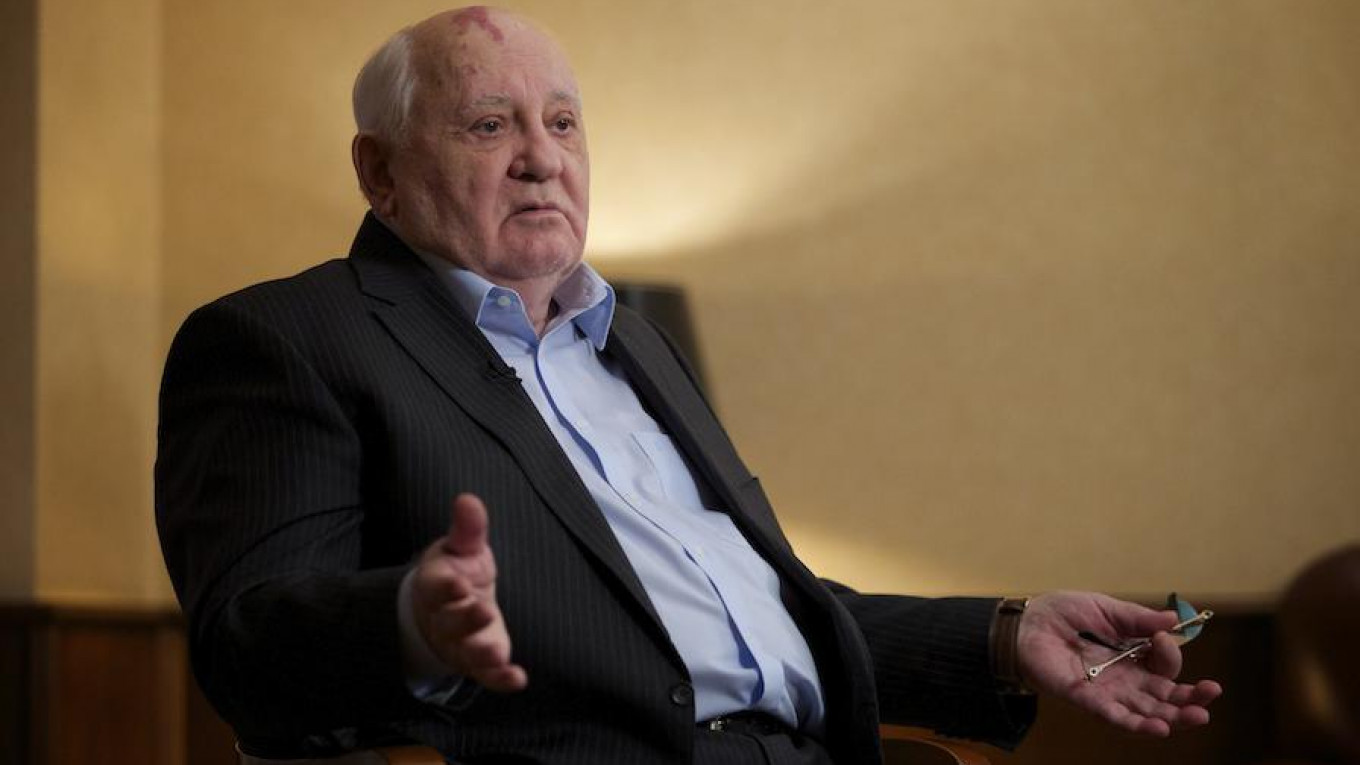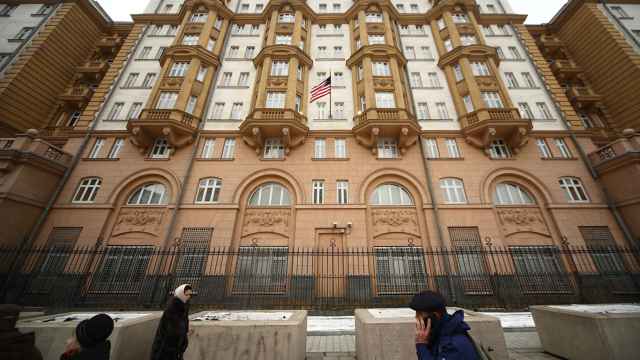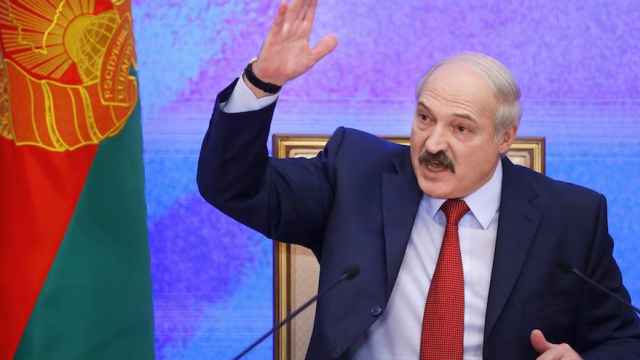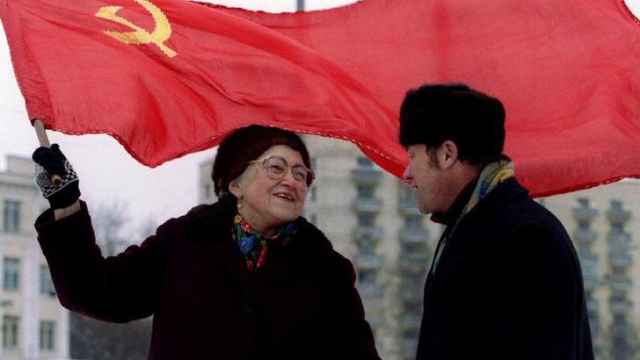The union with the same borders as the USSR could be restored voluntarily, former Soviet leader Mikhail Gorbachev has claimed.
Speaking in an interview to mark the 25 years since the end of the Soviet Union's, Gorbachev said that he accepted his role in the nation's collapse, but maintained that he "fought for the union until the end."
"Reforming the Soviet Union was both possible and necessary," he told the TASS news agency.
Gorbachev said that the August coup, a short and failed attempt by Communist Party hardliners to stop his reforms, stopped him from saving the the USSR from collapse.
He instead described former Russian President Boris Yeltsin as an "exceedingly power-hungry" man who misunderstood his role as leader.
Yeltsin "just started battling with the union's central government" after failing to gain a place on the Politburo, Gorbachev said.
The Soviet leader also claimed that he could not have stopped Belavezha Accords, a document dissolving the Soviet Union, signed by former Russian President Boris Yelstin and the presidents of Ukraine and Belarus in December 1991. Any move to arrest the three presidents would have "reeked of civil war," he said.
"My credo is democracy, decisive change in support of democracy, banishing totalitarianism – and without blood [being spilled]," Gorbachev said. "I left [office] willingly to avoid bloodletting."
Gorbachev also denied that the United States played a key role in the Soviet collapse, but admitted that Washington did "help."
When asked whether the USSR could be restored, Gorbachev said that a new union state could be possible, but not in the form of the Soviet Union.
"With the same borders, the same composition, willingly...I think that a new Union might be possible," he said.
A Message from The Moscow Times:
Dear readers,
We are facing unprecedented challenges. Russia's Prosecutor General's Office has designated The Moscow Times as an "undesirable" organization, criminalizing our work and putting our staff at risk of prosecution. This follows our earlier unjust labeling as a "foreign agent."
These actions are direct attempts to silence independent journalism in Russia. The authorities claim our work "discredits the decisions of the Russian leadership." We see things differently: we strive to provide accurate, unbiased reporting on Russia.
We, the journalists of The Moscow Times, refuse to be silenced. But to continue our work, we need your help.
Your support, no matter how small, makes a world of difference. If you can, please support us monthly starting from just $2. It's quick to set up, and every contribution makes a significant impact.
By supporting The Moscow Times, you're defending open, independent journalism in the face of repression. Thank you for standing with us.
Remind me later.






